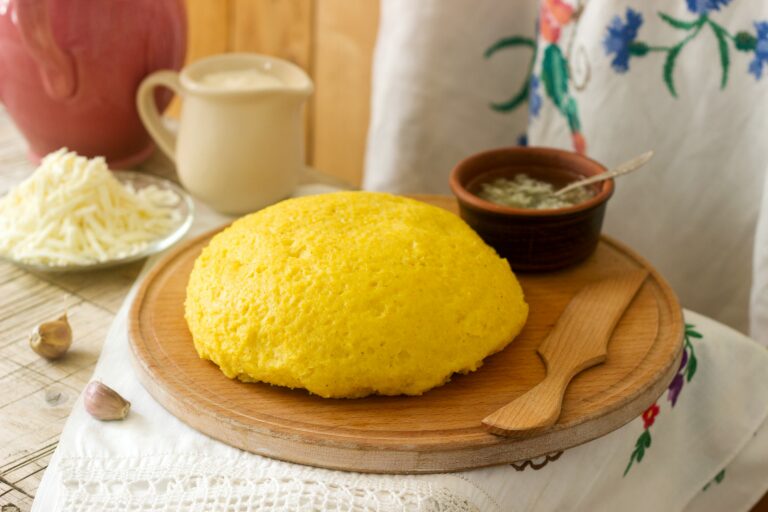Introduction: Moldovan cuisine
Moldovan cuisine is a blend of various influences, including Romanian, Ukrainian, Russian, and Turkish. It is characterized by the use of simple, fresh, and locally sourced ingredients, such as grains, vegetables, fruits, dairy products, and meat. Moldovan cuisine is known for its hearty and comforting dishes, such as placinta (savory pies), mamaliga (a type of polenta), sarmale (stuffed cabbage rolls), and ciorba (sour soup).
Moldovan cuisine and its health benefits
Moldovan cuisine is generally considered to be healthy and nutritious, as it relies on whole foods and traditional cooking techniques. Many of its dishes are high in fiber, vitamins, minerals, and antioxidants, which are essential for maintaining good health. For example, mamaliga is rich in complex carbohydrates and protein, while sarmale contains a mix of vegetables and meat that provides a balance of nutrients. Additionally, the use of fermented foods, such as sour cream and pickles, can improve digestion and boost immunity.
Common ingredients in Moldovan cuisine
Moldovan cuisine uses a range of ingredients that are commonly found in Eastern European cooking. Some of the most common ingredients include wheat, cornmeal, potatoes, onions, garlic, cabbage, carrots, peppers, tomatoes, dairy products, and various types of meat, such as pork, beef, and chicken. Additionally, Moldova is known for its wine production, and wine is often used as a cooking ingredient or served as a beverage alongside meals.
Potential health risks in Moldovan cuisine
While Moldovan cuisine is generally healthy, there are some potential health risks to keep in mind. One of the main concerns is the high use of salt, which can contribute to high blood pressure and other health problems. Many Moldovan dishes also contain a lot of fat, either from meat or from added oils and fats, which can increase the risk of heart disease and obesity. Additionally, some Moldovan dishes, such as placinta and pastries, can be high in refined carbohydrates and sugar, which can lead to blood sugar imbalances and weight gain.
Tips for enjoying Moldovan cuisine without compromising health
To enjoy Moldovan cuisine without compromising health, there are some tips to keep in mind. First, try to choose dishes that are based on whole foods, such as vegetables, grains, and lean meat. Avoid dishes that are high in salt, fat, and sugar, or try to limit your portions. Additionally, you can ask for dishes to be prepared with less oil or fat, or choose grilled or roasted meats instead of fried. Finally, balance your meals with plenty of fresh vegetables and fruits, and drink water or unsweetened beverages instead of sugary drinks.
Conclusion: Balance and moderation in Moldovan cuisine
In conclusion, Moldovan cuisine offers a range of delicious and nutritious dishes that can be enjoyed as part of a healthy lifestyle. While there are some potential health risks to keep in mind, such as high salt and fat content, these can be minimized by making smart choices and practicing moderation. By choosing whole foods, balancing your meals, and enjoying Moldovan cuisine in moderation, you can savor the flavors of this unique and flavorful cuisine while keeping your health in check.

